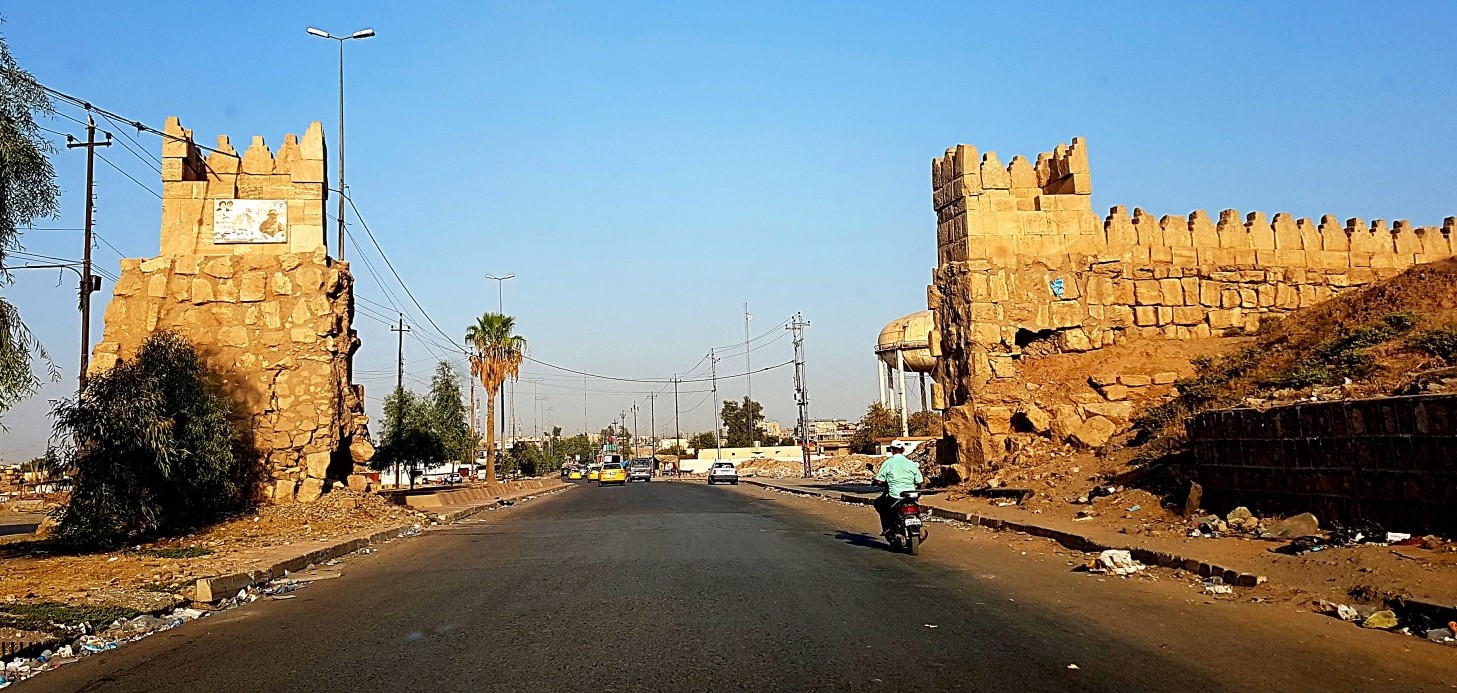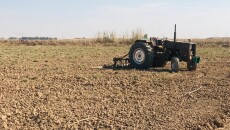The Nineveh Office for the Implementation of Article 140 of the Iraqi Constitution is urging eligible people who registered to visit their office to update their data in order to avoid being deprived of financial compensation and a 200-meter plot of land.
The office, which had been closed in Nineveh for nearly 15 years, has been operational for several weeks now to process the transactions of citizens covered by Article 140, following the allocation of a special budget by the Iraqi government for the implementation of the article.
"After 15 years of closure, fortunately, the Nineveh office for the implementation of Article 140 has been reopened. We are currently finalizing the transactions for citizens who have not yet received compensation," said Hardi Mohammed, the office director, in an interview with KirkukNow.
He urged applicants to visit the office to update their data to ensure they do not miss out on the compensation of 10 million Iraqi dinars IQD (USD7,000) and a 200-meter plot of land.
According to the Iraqi constitution, approved by a majority of voters in early 2005, the fate of disputed territories between Baghdad and Erbil must be determined through three stages of normalization, a census, and then a referendum, as outlined in Article 140 of the constitution.
During the normalization phase, each family will receive 10 million IQD and a 200-meter plot of land for housing, while relocated settler families will receive 20 million IQD and be sent back to their original places.
"Families who have not yet received compensation should visit the office and update their data," Mohammed emphasized.
Under the agenda of the cabinet of Mohammed Shia Sudani, the High Committee for the Implementation of Article 140 will be established, with the allocation of a budget and payment of financial entitlements to those eligible under this article. In this context, the Nineveh office was reopened.
"Iraqi in its budget has allocated 200 billion dinars for the implementation of Article 140, and we have worked tirelessly with Hadi Amiri, the head of the committee to implement Article 140 of the Iraqi constitution, to establish an office in Nineveh," said Shirwan Dubardani, a Kurdish lawmaker from Nineveh.
"People can now visit the office to renew their transactions and receive compensation," he reiterated.
After Kirkuk, most of the disputed territores are located in Nineveh province, including Bashiq and the districts of Shingal (Sinjar), Makhmur, Talkef, Sheikhan, Hamdaniyah, and Tala'afar.
Official statistics show that from 2007 to 2012, over 136,000 applicants returned the forms to the Article 140 Implementation Office in Nineveh, which was based in Shingal but also oversaw subcommittees in various other areas of the province.
Ramazan Ali, 70, one of the citizens who have been awaiting compensation under Article 140 for over 15 years, expressed his frustration at not having received any compensation yet though he returned to his hometown in Maqlub Mountain near Mosul.
"We have been advised few days ago to visit the Article 140 office to renew our documents and receive compensation. We hope that every citizen will be compensated," he said.
The disputed territories is a constitutional term used to refer to the political and administrative situation in Kirkuk province and the areas that have been changed in terms of administrative and demographic conditions, including parts of the provinces of Diyala, Ninewa and Salahaddin, due to the policies of the Iraqi government from 1968 up to 2003.
Up to the present, only part of the first phase of normalization has been implemented, which led to tensions over administrative and security posts, disputes over ownership of lands and farms and several other issues leaving the area in poor conditions in terms of public services, stability and security.






